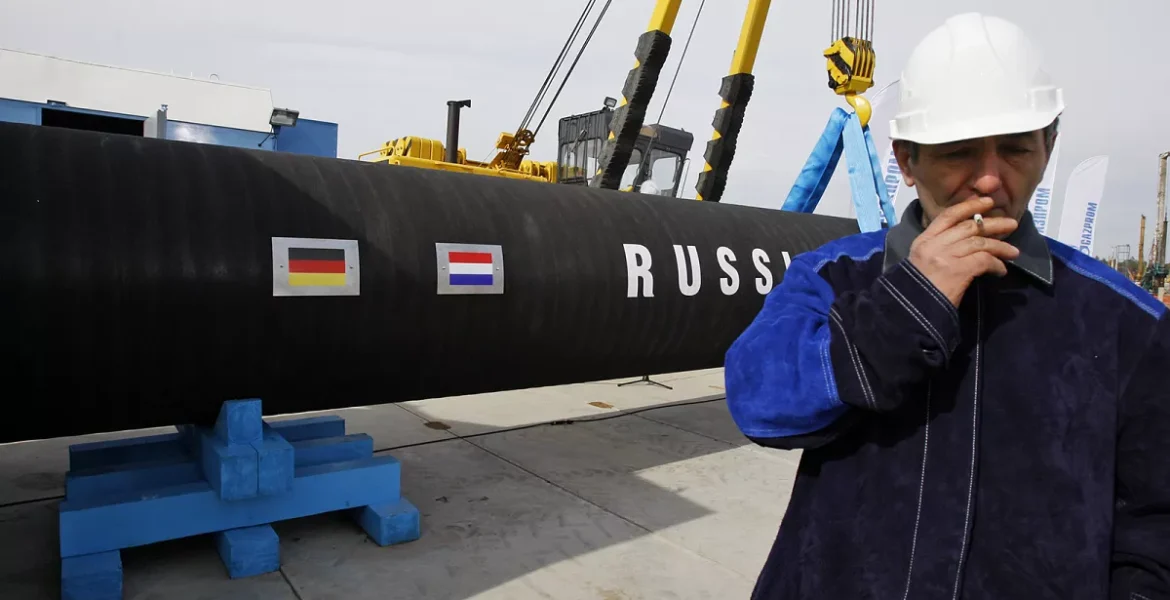As Europe grapples with reducing its reliance on Russian energy amid geopolitical tensions, a new west-east route has emerged, maintaining the continent's dependency on Russian gas, with Greece experiencing a notable increase.
Amid efforts by Western European governments to diversify their energy sources following the Ukraine conflict, liquefied natural gas (LNG) has become increasingly favoured over Russian pipeline supplies. A Reuters analysis revealed that over 10% of Russian gas previously transported via pipelines to the European Union has been substituted by LNG deliveries into EU ports.
The surge in LNG imports can be attributed in part to discounts offered by Russian producers like Novatek, as well as increased exports from Gazprom's Portovaya LNG project. Despite efforts to reduce overall reliance on Russian gas, the share of Russian gas in EU supply has rebounded to approximately 15%, following a decline in pipeline imports since the war began.
This transition to LNG imports, however, comes at an environmental cost, contradicting the EU's ambitious goal of achieving net zero greenhouse gas emissions by 2050. The process of gasification, shipping, and re-liquefying LNG requires significant energy, posing a challenge to environmental sustainability.
Greece, in particular, has felt the impact of this shift, with a notable increase in Russian gas dependency. While the country managed to reduce its gas consumption and pipeline imports by 20%, Gazprom's LNG deliveries quadrupled, resulting in Russian gas comprising 47% of Greece's supply in 2023, up from 36% in the previous year.
In response to these developments, Greece's state-controlled DEPA has initiated arbitration against Gazprom, citing concerns over the steep discounts offered to Greek competitors compared to DEPA's pipeline gas contract price.
Despite calls for stricter measures, including potential bans on Russian firms booking infrastructure capacity for LNG delivery, major importers like Spain and Belgium remain hesitant. The lack of a unified approach among EU member states complicates efforts to address the ongoing energy dependency issue.
With Europe at a crossroads regarding its energy future, Greece's growing reliance on Russian gas underscores the complex challenges facing the continent in its quest for energy security and sustainability.
(Source: Reuters)


